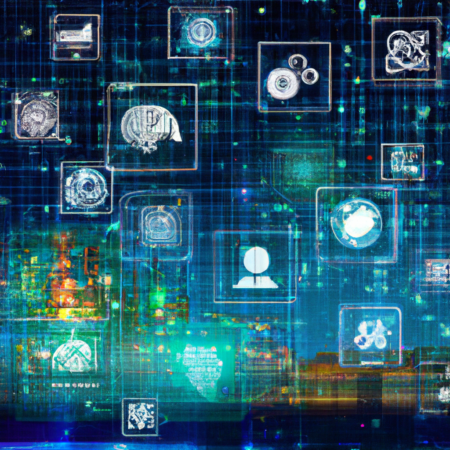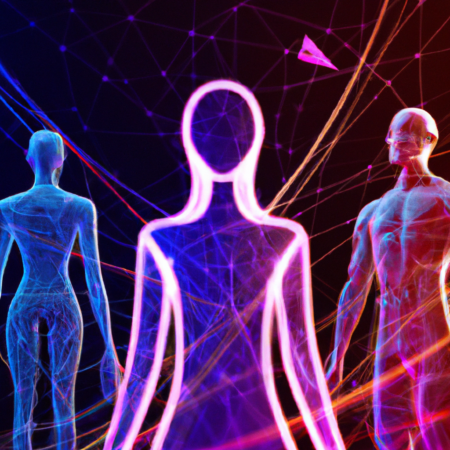Navigating the Future: The Critical Role of AI Ethics & Regulation in 2025
As we step further into 2025, the landscape of artificial intelligence (AI) continues to evolve at a breakneck pace. With this rapid development comes a plethora of ethical challenges and regulatory needs that must be addressed to ensure AI technology is used safely and justly.
Understanding AI Ethics
AI ethics involve the moral principles and techniques used to guide the development and use of AI technologies. These principles are intended to prevent harm and ensure that AI systems are designed with fairness, accountability, and transparency in mind.
The Importance of AI Regulation
AI regulation refers to the legal frameworks and policies that govern the deployment of AI technologies. In 2025, as AI systems become more integrated into everyday life, the need for robust AI regulations has become more apparent. These regulations are crucial not only for protecting individuals but also for maintaining trust in AI applications.
Key Areas of Focus in AI Ethics & Regulation
- Transparency and Explainability: Ensuring AI systems are understandable by the users and the decisions made by these systems can be explained in human terms.
- Data Privacy: Safeguarding personal data and ensuring it is used ethically in AI systems.
- Accountability: Establishing clear accountability for AI-driven decisions and actions.
- Inclusivity: Promoting the development of AI systems that are inclusive and do not perpetuate existing biases.
Challenges and Opportunities
One of the major challenges in AI ethics and regulation is the pace of technological change, which often outstrips the ability of regulatory frameworks to adapt. However, this also presents an opportunity to rethink traditional approaches to policy-making in technology.
In conclusion, the ongoing evolution of AI demands a parallel evolution in ethics and regulations. By addressing these needs proactively, we can harness the benefits of AI while minimizing its risks.






